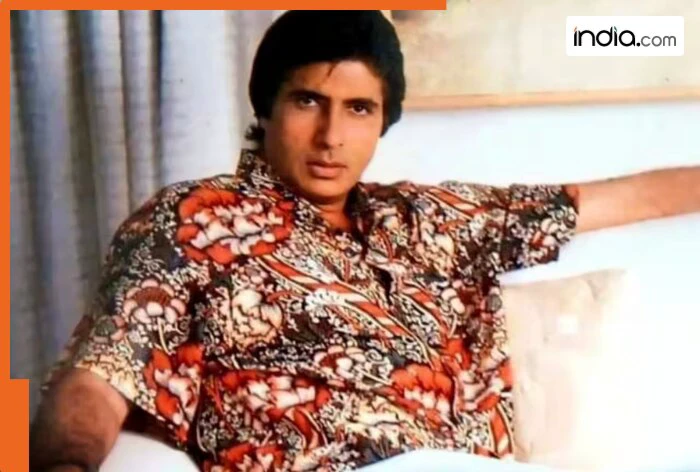Over a century ago, Indian cinema began to find its voice, but it was after independence in the 1940s that it truly flourished. Many artists had just migrated to Bombay after Partition, carrying little more than dreams.
Among them was GP Sippy, who once lived in a grand Karachi mansion but lost it all overnight when his family fled to Bombay.
How did he survive after partition?
Life was brutal at first. GP Sippy was homeless and struggling to feed his family. As per The New York Times, he sold carpets on the streets and later tried running a restaurant, but neither brought success.
One day, he noticed an unfinished house in Colaba. He decided to buy it and complete the project. That single decision marked the beginning of his construction empire.
When did cinema enter his life?
Once his business was stable, a friend suggested he try investing in films. Curious, Sippy leapt and produced his first film, Sazaa, in 1953. Though the movie didn’t turn him into a big name, it set him on a new path.
He tried acting and directing, but earned the tag of a “B-grade producer.” Success seemed distant until his son stepped in.
What role did Ramesh Sippy play?
Ramesh Sippy, who was then studying at the London School of Economics, returned and took charge of the business. Under him, GP Sippy’s company produced films like Andaz and Seeta Aur Geeta.
But nothing prepared them for what came next.
How did Sholay change everything?
In 1975, Sholay was released with a staggering budget of Rs 3 crore, an unimaginable figure for that era. Starring Amitabh Bachchan, Dharmendra, Sanjeev Kumar, Hema Malini, Jaya Bachchan, and Amjad Khan, the film became a cultural storm.
Sholay ran in cinemas for five years, rewriting box-office history and cementing GP Sippy’s legacy forever.
What did his journey symbolise?
From a refugee sleeping on Bombay streets to producing India’s most celebrated film, GP Sippy’s story was one of grit and vision.
He passed away in 2007 at the age of 93, leaving behind not just Sholay, but a tale of survival that remains as powerful as the movie itself.
